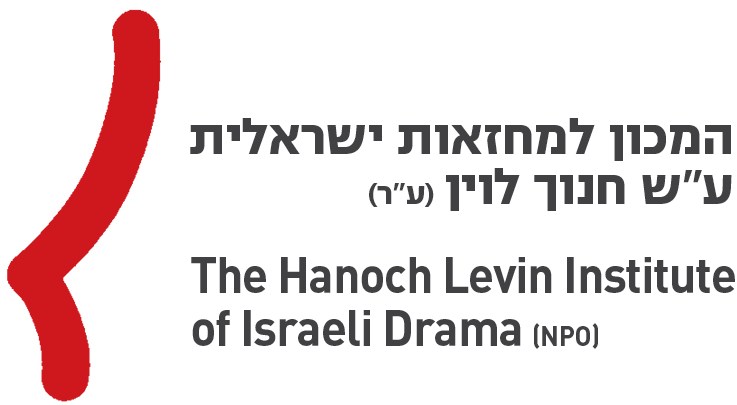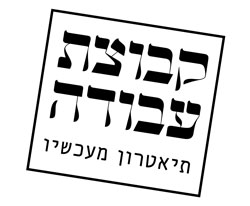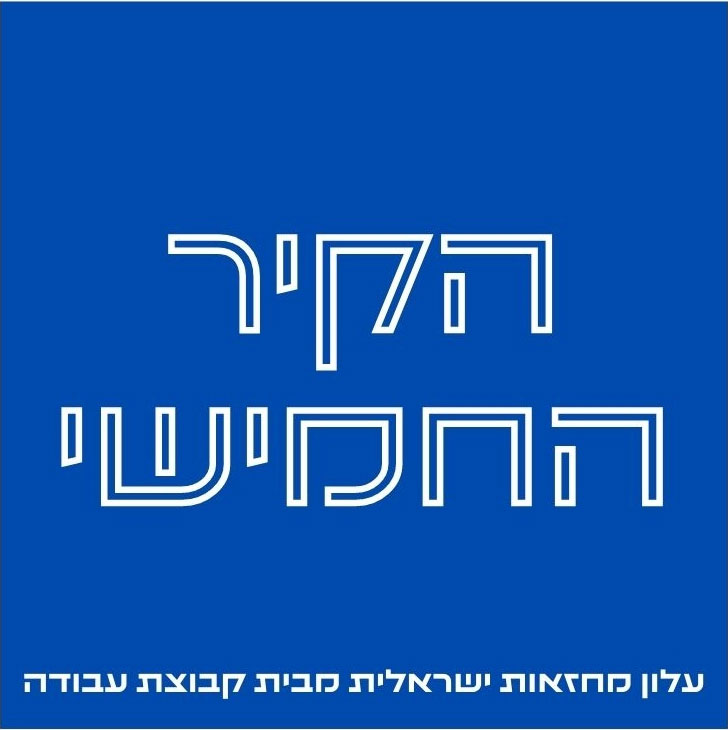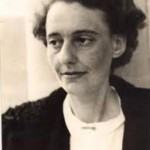Lea Goldberg
A Wrighter and A Poet
|
Lea Goldberg was born in Koenigsberg, East Prussia, (today Kaliningrad in Russia), spent her early childhood in Russia, and returned with her family after the 1917 Revolution to their home in Kovno (now Kaunas), Lithuania. She began to publish Hebrew verse while still a schoolgirl. Goldberg attended the University of Kovno, and then Berlin University (where she earned a doctorate in Semitic studies in 1933) and the University of Bonn. In 1935 she settled in Tel Aviv where she became one of Israel’s leading intellectuals and poets. She joined the staffs of the newspapers Ha’aretz and Davar and became children books’ editor of Sifriyat Po’alim publishing house, as well as as literary consultant to the Habima theater and theater critic for the Al Ha-Mishmar journal. Goldberg was the founder of the Department of Comparative Literature at the Hebrew University of Jerusalem (which she chaired from 1952 until her death). A prolific and versatile writer, Lea Goldberg’s work includes lyrical poetry, literary criticism, books for children, and translations of European classics into Hebrew. Goldberg translated numerous foreign works into Hebrew, using her excellent knowledge of seven languages. These include works of modernist Russian poets and translations from the Italian. She was also one of Israel’s most successful children’s writers with twenty popular works to her credit. Two entire generations of Israeli youth have grown up on her stories and poems. Her poetry for adults deals mainly with childhood, love, aging and death; it is highly personal, introspective, and modern in its understated (and often starkly simple) tone. Goldberg’s poems often speak about loneliness and broken relationships, with a tragic intonation, originating, some say, in her own loneliness. Some of her subjects are deeply entrenched in western culture (for instance, the Odyssey); she also used Jewish themes. She wrote too about nature, with a longing that produced perhaps some of her best-known and loved poems. Although she sometimes chose to write poems that do not rhyme (especially in her later period), she always respected formal verse; moreover, in the sonnet sequence ‘The Love of Theresa di Meun’, about the love of a fictitious married Italian noblewoman for a younger tutor, Goldberg adopted complex rhyming schemes. © Rami Saari Selected bibliography
|
|
Plays |
|




